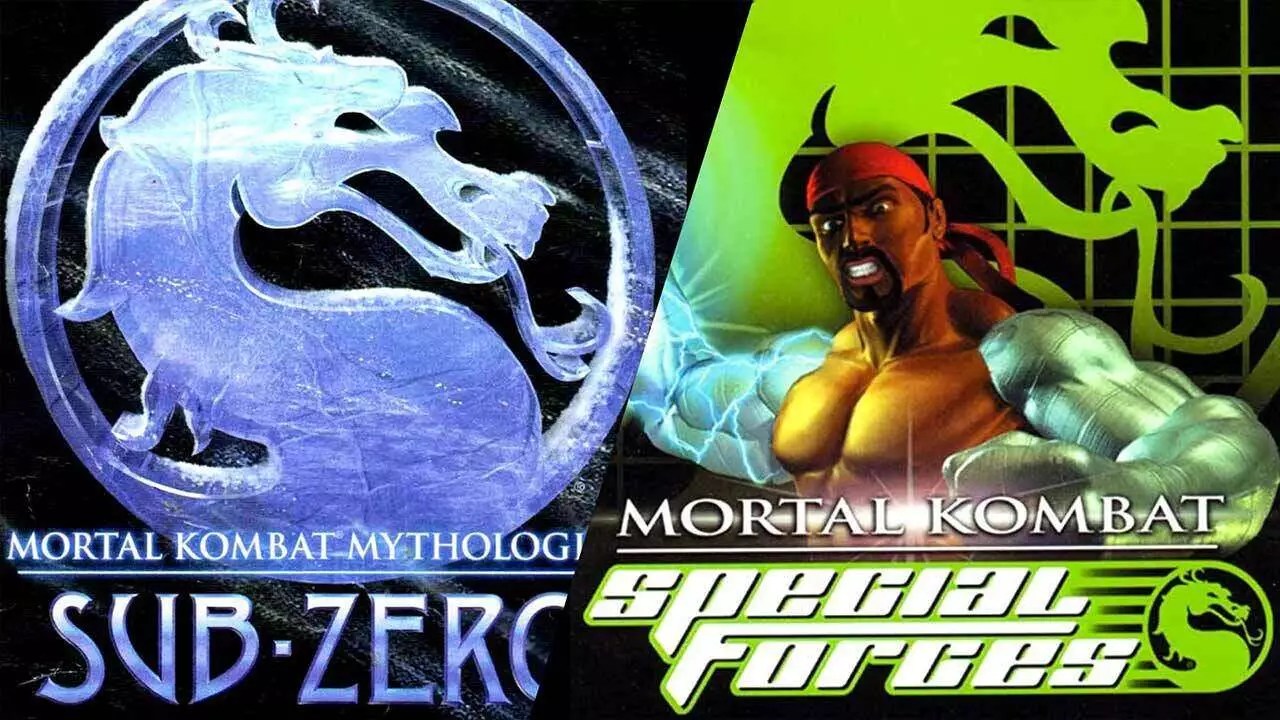The upcoming Mortal Kombat: Legacy Kollection isn’t just another compilation—it’s a carefully curated resurrection of a franchise’s most overlooked yet intriguing chapters. Digital Eclipse’s decision to include titles like Mortal Kombat Mythologies: Sub-Zero and Mortal Kombat Special Forces signifies a deeper appreciation for the franchise’s experimental roots. These games, long lost in the shadows of mainstream success, reveal the franchise’s willingness to push boundaries even when development didn’t fully meet expectations. The inclusion of these titles isn’t merely nostalgic; it’s a bold stride toward embracing the full complexity of Mortal Kombat’s history and recognizing the value in its missteps and experimental phases.
Transforming Past Flaws into Modern Features
One of the most compelling aspects of this collection lies in its modern enhancements. The addition of rewind features, on-screen move lists, and Trainer Modes demonstrates Digital Eclipse’s commitment to making these classic titles accessible and engaging for today’s players. These features transform what were once challenging, sometimes frustrating experiences into approachable, learnable challenges. The emphasis on reducing load times further shows respect for contemporary gaming standards, ensuring players experience the games as smooth, fast-paced confrontations rather than time-consuming relics. This thoughtful modernization acts as a bridge, connecting players unfamiliar with these titles to their core gameplay and design, opening an appreciation for the experimental spirit of late 90s and early 2000s game design.
The Significance of the WaveNet Edition
Among the collection’s highlights is the inclusion of the WaveNet edition of Ultimate Mortal Kombat 3—a version largely believed to be lost. Its significance extends beyond mere rarity; it exemplifies technological innovation in gaming history. Developed explicitly to support Midway’s pioneering WaveNet online matchmaking service, this edition was a trailblazer in networked arcade gaming. Notably, it introduced Noob Saibot as a playable character and featured substantial gameplay modifications. The retrieval of a working arcade cabinet and the subsequent exhibition of this version underline how fleeting and fragile gaming history can be. It’s a testament to the importance of preservation and the unending quest to recover lost digital artifacts that shaped early online multiplayer experiences.
The Legacy of Mortal Kombat’s Experimental Phase
Mortal Kombat Mythologies: Sub-Zero and Mortal Kombat Special Forces serve as fascinating case studies of the franchise’s willingness to venture beyond traditional fighting games. Mythologies, despite its technical flaws, attempted to blend platforming with fighting elements, creating an ambitious hybrid that reflected the era’s experimental zeal. Its live-action cinematics, despite their cheesy charm, were ahead of their time in replicating a cinematic experience within a game. Mortal Kombat: Special Forces, on the other hand, struggled under the weight of its troubled development—an unfortunate casualty of internal conflicts at Midway that resulted in a game that’s more remembered for its production woes than its gameplay quality.
Preserving and Celebrating Gaming History
Digital Eclipse’s approach to preserving these lesser-known titles signifies a larger shift in the gaming industry—recognition that history isn’t just about the hits but also the experiments and failures that push the medium forward. By offering enhanced features and ensuring these games are playable on modern hardware, the collection becomes an educational tool for gamers and a historical archive for enthusiasts. As the franchise prepares to continue its legacy with upcoming releases like Mortal Kombat 2 on the big screen, this collection reminds us that understanding the franchise’s full scope—warts and all—is crucial to appreciating its lasting impact.
What makes the Mortal Kombat: Legacy Kollection truly compelling isn’t just the lineup of playable titles, but the narrative it crafts—one of resilience, experimentation, and rediscovery. These forgotten titles, once deemed unworthy or lost, now find a new life in the modern era, highlighting the importance of acknowledging all facets of gaming history. The collection is a bold statement that every piece of a franchise’s evolution holds value and that the lessons of the past remain relevant in shaping its future. It’s an invitation to embrace the imperfect, to learn from it, and to appreciate the full spectrum of the Mortal Kombat saga.


Leave a Reply